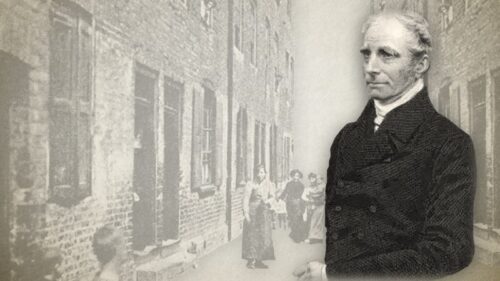
22 All-Sufficiency Of God
ALL-SUFFICIENCY OF GOD
Is that power or attribute of his nature whereby he is able to communicate as much blessedness to his creatures as he is pleased to make them capable of receiving. As his self-sufficiency is that whereby he has enough in himself to denominate him completely blessed, as a God of infinite perfection; so his all- sufficiency is that by which he hath enough in himself to satisfy the most enlarged desires of his creatures, and to make them completely blessed. We practically deny this perfection, when we are discontented with our present condition, and desire more than God has allotted for us, Gen. 3:5. Prov. 19:3.—2. When we seek blessings of what kind soever in an indirect way, as though God were not able to bestow them upon us in his own way, or in the use of lawful means, Gen. 27:35.—3. When we use unlawful means to escape imminent dangers, 1 Sam. 21:13. Gen. 20 and 26.—4. When we distrust his providence, though we had large experience of his appearing for us in various instances, 1 Sam. 27:1. Ps. 78:19. 2 Chron. 16:8. 2 Chron 14:9,13. Josh. 7:7,9.—5. When we doubt of the truth or certain accomplishment of the promises, Gen. 18:12. Ps. 77:74. Is 49:14—6. When we decline great services though called to them by God, under a pretence of our unfitness for them, Jer. 1:6,8.
The consideration of this doctrine should lead us, 1. To seek happiness in God alone, and not in human things, Jer. 2:13.—2. To commit all our wants and trials to him, 1 Sam. 30:6. Heb. 11:19. 2 Cor. 12:8,9.—3. To be courageous in the midst of danger and opposition, Ps. 27:1.—4. To be satisfied with his dispensations, Rom. 8:28.—5. To persevere in the path of duty, however difficult, Gen. 17:1.
Charles Buck (1771-1815) was an English Independent minister, best known for the publication of his “Theological Dictionary”. According to the “Dictionary of National Biography”, a Particular Baptist minister named John C. Ryland (1723-1792) assisted Buck by writing many of the articles for the aforementioned publication. One may conclude, based not only Buck’s admiration for his friend Ryland, but also on the entries in his Theological Dictionary, that he stood head and shoulders with the High-Calvinists of his day.
Charles Buck on the Biblical Covenants (Complete)
Charles Buck's Theological Dictionary





